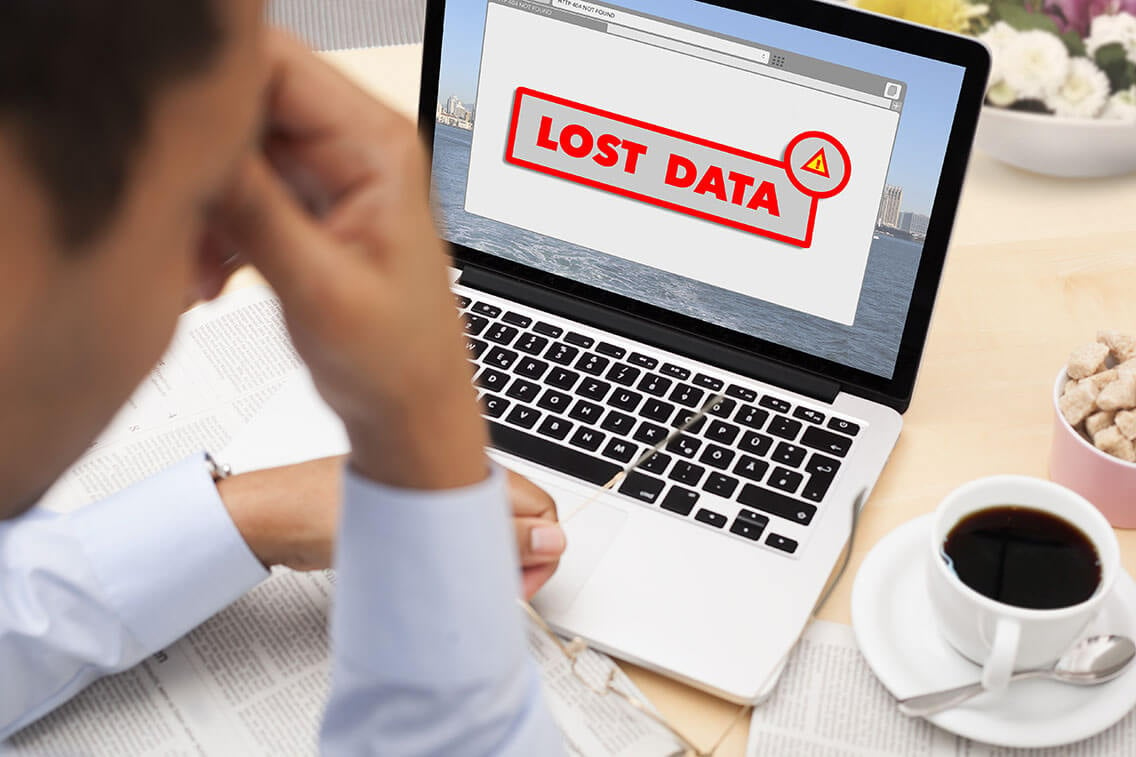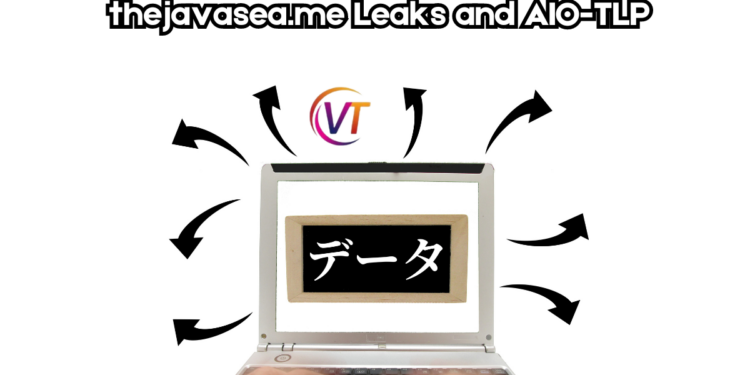Introduction
The thejavasea.me leaks AIO-TLP have exposed sensitive data such as passwords and personal details, raising major concerns about online security in the United States. With the constant risk of cyber-attacks, it’s vital to understand what exactly happened in these leaks and how you can take action to protect yourself from future incidents.
What Is the thejavasea.me Leaks AIO-TLP?
The thejavasea.me leaks refer to the exposure of sensitive information that was supposed to remain private. This website is part of a growing issue where websites either intentionally or accidentally release user data. AIO-TLP stands for All In One – Traffic Light Protocol, which is a framework used to control and share sensitive data. It’s meant to classify data as public, private, or restricted, ensuring only the right people access it. Unfortunately, in the case of thejavasea.me, the protocols failed, and this led to the exposure of private information.
Understanding how such leaks happen is crucial. Websites like thejavasea.me often contain massive amounts of user data, including personal and financial details. When these details are leaked, it can lead to widespread problems for individuals and companies alike.
How Did the thejavasea.me Leaks Happen?
The thejavasea.me leaks didn’t just occur by accident. Hackers are becoming more sophisticated, using various tactics to break into databases. One of the most common methods is phishing. Phishing happens when hackers send fake emails or messages to trick users into giving up their login information. Once they have access, they can steal more personal information.
Another method is malware—software designed to infiltrate computer systems, allowing attackers to take control or steal data. These tools were likely used in the thejavasea.me leaks, allowing hackers to gain entry into the system and expose sensitive data. Once inside, they were able to access personal records, financial information, and passwords.
Why Should You Care About These Leaks?
The importance of the thejavasea.me leaks AIO-TLP cannot be overstated, especially if you value your privacy and security online. The data leaked could include details like your email address, home address, and even passwords. More worryingly, it may also expose bank account information, which could be used for fraudulent transactions.
Identity theft is another major risk. Hackers can take your information and pretend to be you, opening new credit accounts or taking out loans in your name. If your data has been leaked, you could face months of headaches trying to undo the damage caused by these criminals.

What Kind of Data Was Leaked?
The type of data exposed in the thejavasea.me leaks varies but can include everything from names and email addresses to more critical information such as passwords, bank account numbers, and social security numbers. Once this data is out, it’s incredibly hard to get it back or control how it is used.
Who Is Most at Risk?
People in the United States are particularly vulnerable due to the widespread use of digital services. If you’ve used thejavasea.me for any transactions or account creation, you may be at risk. Individuals who reuse passwords across multiple platforms are especially at risk, as one leaked password could give hackers access to multiple accounts.
How Can You Stay Safe?
Staying safe in the aftermath of a data breach like this involves a few key steps:
- Change your passwords immediately. Use a password manager to generate strong, unique passwords for each account.
- Enable two-factor authentication on all accounts that offer it. This adds an extra layer of security by requiring you to confirm your identity with a second method.
- Monitor your financial accounts for any unusual activity. If you notice any unauthorized transactions, report them to your bank immediately.
What Are the Risks of thejavasea.me Leaks?
The risks of the thejavasea.me leaks AIO-TLP extend far beyond just having your passwords stolen. When sensitive personal information is leaked, it can be sold on the dark web, where criminals purchase data to commit further crimes. Your information could be used to:
- Steal your identity: Hackers can use your personal data to open new credit accounts, apply for loans, or even file tax returns in your name.
- Commit financial fraud: Your bank details and credit card information can be used to make unauthorized purchases, drain your accounts, or even create fake identities.
- Damage your business: For companies, a data breach can lead to loss of trust, legal consequences, and financial losses. If you run a business and your customer data is leaked, you could face lawsuits or regulatory fines.
Steps You Can Take To Protect Yourself
If you suspect that your information was part of the thejavasea.me leaks, it’s critical to take action immediately. Here are a few steps you can take to protect yourself:
- Change your passwords: Start with any accounts that use the same password as the one potentially leaked. Create strong, unique passwords for each of your online accounts.
- Enable two-factor authentication: This security measure requires you to provide an additional verification code, usually sent to your phone, whenever you log in to an account. It makes it much harder for hackers to gain access, even if they have your password.
- Keep an eye on your credit reports: Regularly check your credit report to spot any unusual activity. Many credit reporting agencies will alert you to new credit applications or changes in your report, which can help you identify potential fraud early.
- Watch for phishing attacks: Be extra cautious about opening emails or clicking links from unknown sources. Hackers often follow up a data breach with phishing attacks to trick people into revealing more personal information.
What Is Being Done About thejavasea.me Leaks?
The companies affected by the thejavasea.me leaks are working with cybersecurity experts to identify the vulnerabilities that allowed the breach to happen in the first place. They are taking steps to strengthen their security protocols and ensure that this type of breach doesn’t occur again. However, it’s important to understand that once the data is leaked, it’s nearly impossible to get it back, which is why personal vigilance is essential.

Why Are Data Leaks So Dangerous?
Data leaks like those involving thejavasea.me are dangerous because of the ripple effect they can have. Once your data is exposed, you lose control over how it is used. Hackers can sell your personal information to the highest bidder, leading to identity theft, financial fraud, and even legal problems for you and your business.
How Can Companies Stop This from Happening Again?
Companies need to take stronger measures to protect their customers’ data. This includes:
- Implementing advanced encryption for all sensitive data.
- Requiring regular security audits to identify vulnerabilities.
- Providing employee training to prevent phishing attacks and other common hacking techniques.
- Encouraging users to adopt strong security habits like using password managers and enabling two-factor authentication.
What To Do if You Are Affected by a Leak?
If you’ve been affected by a data breach, you should:
- Change your passwords immediately and use unique ones for each site.
- Contact your bank to report any suspicious activity and request new cards if necessary.
- Consider freezing your credit to prevent hackers from opening new accounts in your name.
- Stay informed: Follow the news and updates from the affected companies to learn more about how they’re addressing the breach and what steps you should take next.
Conclusion
The thejavasea.me leaks AIO-TLP highlight the growing importance of cybersecurity in today’s digital world. Protecting your personal information online is critical, as data breaches can have long-lasting effects on your financial health and personal safety. By understanding the risks and taking proactive steps—such as using strong passwords, enabling two-factor authentication, and staying vigilant for suspicious activity—you can reduce your chances of falling victim to cybercrime.
It’s a reminder that our online safety is never guaranteed, and staying informed is the best defense against future leaks and breaches.











